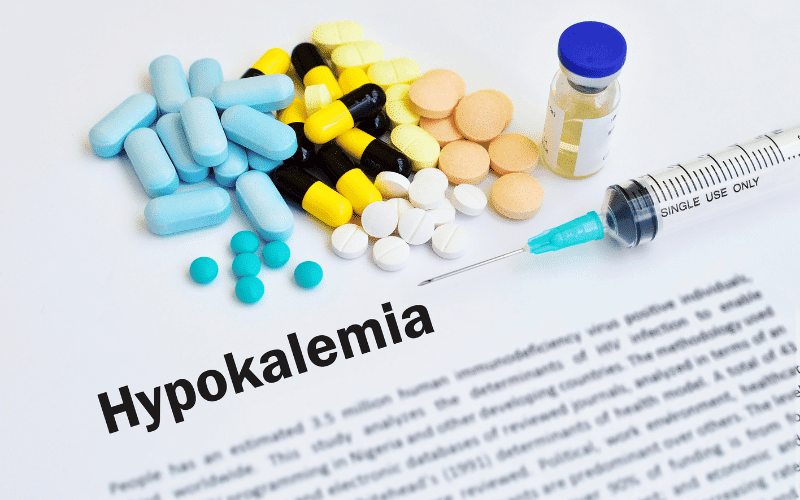Introduction: Unraveling the Mystery of Low Potassium and Hypokalemia
Potassium is an essential mineral and electrolyte that plays a vital role in many bodily functions, such as muscle contractions, nerve impulses, and maintaining a healthy balance of fluids. A deficiency in this critical nutrient can have serious consequences on our overall health and well-being. In this article, we will delve into the intricacies of low potassium, also known as hypokalemia, and discuss the 12 common causes behind it.
A deficiency in potassium can manifest in various ways, including muscle weakness, cramps, fatigue, and irregular heartbeats. Understanding the root causes of low potassium is crucial to prevent and treat this condition effectively. By the end of this article, you will have a better grasp on the different factors contributing to hypokalemia and how to address them in your daily life.
Now that we have set the stage, let’s dive into the 12 causes of low potassium and explore each one in detail. We’ll also provide some tips on how to manage and prevent potassium deficiency to help you maintain optimal health.

Cause 1. Diuretics: When Medications Lead to Potassium Loss
Diuretics, commonly known as water pills, are medications prescribed to help your body expel excess water and sodium through urine. While they can be effective in treating high blood pressure and other conditions, one major side effect of diuretics is the loss of potassium, potentially leading to hypokalemia.
There are different types of diuretics, such as thiazide and loop diuretics, which can have varying degrees of impact on potassium levels. Thiazide diuretics, for example, have a moderate effect on potassium loss, while loop diuretics are more potent in flushing out potassium. If you’re taking diuretics, it’s essential to monitor your potassium levels regularly.
To help maintain a healthy potassium balance while taking diuretics, consider discussing with your doctor about potassium-sparing diuretics or potassium supplements. These alternatives can help counteract the potassium loss caused by other diuretics. Additionally, incorporating potassium-rich foods, such as bananas, spinach, and sweet potatoes, into your diet can help keep your potassium levels in check.
However, remember that each individual’s needs and medical conditions vary. It’s crucial to consult with your healthcare provider before making any changes to your medication or diet. (1)